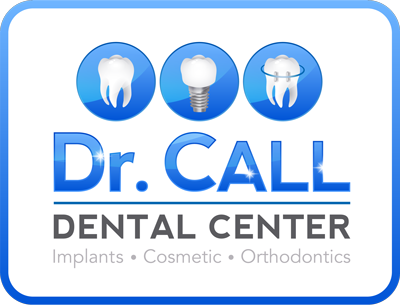When people hear the word “Root Canal“ they feel a shiver down their spine. They dread it, think it is a nightmare and even avoid getting it because of common misconceptions. This stems from a misunderstanding of what to do after getting a root canal and of course the horror stories on the internet.
A root canal procedure typically happens when there is a dental infection of the soft tissues of the root canal. It is typically accompanied by swelling of the face and gums, headaches, earaches and a darkening of the tooth. To address this issue, the procedure involves the removal of infected pulp, disinfection of the area, and then sealing to prevent further damage and to fill the space that is left behind.
Despite the fact that the infection has been removed, the treatment is not yet complete. There is a healing period that may be uncomfortable as the swelling subsides and the remaining tissues, nerves, and ligaments heal.
Recovering after a root canal
Here is a guide on how to recover quickly after a root canal, and lead a pain-free life (as it relates to your tooth, of course):
Taking the prescribed medications
The best thing one can do for themselves after getting a root canal is following the dentist’s or endodontist’s advice or instructions. One of these instructions is the prescribed medication. These usually relieve pain but can include antibiotics which help to kill bacteria or prevent their growth.
If no medication was prescribed, usually an over-the-counter anti-inflammatory drug such as Motrin or Advil is recommended.
Eating
Usually persons are able to eat after having their root canal, however, there may still be some tenderness or sensitivity when chewing. Simply avoid using that tooth or chew on the other side of the mouth until the tenderness wears off. If the tooth has not yet been filled or crowned, the chances of reinfecting or recontaminating the tooth are really high, so, avoid the tooth if you can and rinse immediately after.
Avoid foods that require a lot of chewing and substitute them for softer foods such as porridge, soups, smoothies or mashed potatoes. Avoid smoking and drinking alcohol which can slow down healing.
Brushing and flossing
If one wishes to recover quickly after a root canal, one must observe good oral health practices. This includes brushing and flossing to prevent the problem from reoccurring and to promote healing. Consult the dentist beforehand for tips and advice on how to brush and floss properly, considering the procedure that had just been undergone.
Rest
For any procedure, large or small, resting can work wonders. This will reduce pressure on the recovering area and give the patient a break from the discomfort. The body heals quite nicely on its own, without poking and prying from its owner.
Use an icepack
One of the best ways to reduce swelling is by using an ice pack. To recover quickly after a root canal means reducing the swelling that comes with it. Simply get a rag with some ice and place it against the area for a few minutes for a noticeable difference.
The bottom line
Recovering from a root canal does not have to be the painful, horrific experience people proclaim it to be. For more tips on how to recover quickly after a root canal, consult the dentist or endodontist who conducted the procedure.
Request an appointment here: https://drcalldental.com or call Dr. Call Dental Center at (706) 425-6240 for an appointment in our Dalton office.
Check out what others are saying about our dental services on Yelp: Root Canal Treatment.
Related Posts
When Your Dentist Checks Your Gum Health During Your Dental Check-up
When you go to the dentist for your annual dental check-up, your dentist will conduct a thorough examination of your teeth and gums to ensure that they are healthy and free …
Are There Popular Smile Makeover Options?
A smile makeover is a combination of cosmetic dental treatments that are performed to transform the way that your smile looks. While the procedure's primary purpose is to improve the aesthetics …
Smile Confidently: The Benefits of Dental Crowns
A dental crown can restore a damaged, worn, or weakened tooth. This restoration can bring back your healthy smile and stable dental function. Knowing the benefits of dental caps can motivate …
Common Treatments Performed by a Family Dentist
Seeing your family dentist for regular checks and treatments can maintain or improve your dental health. You can avail of basic treatments during your visits. Knowing what each one is can …




